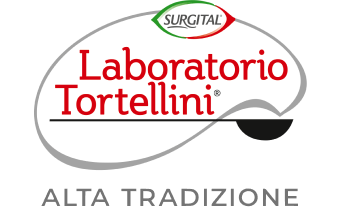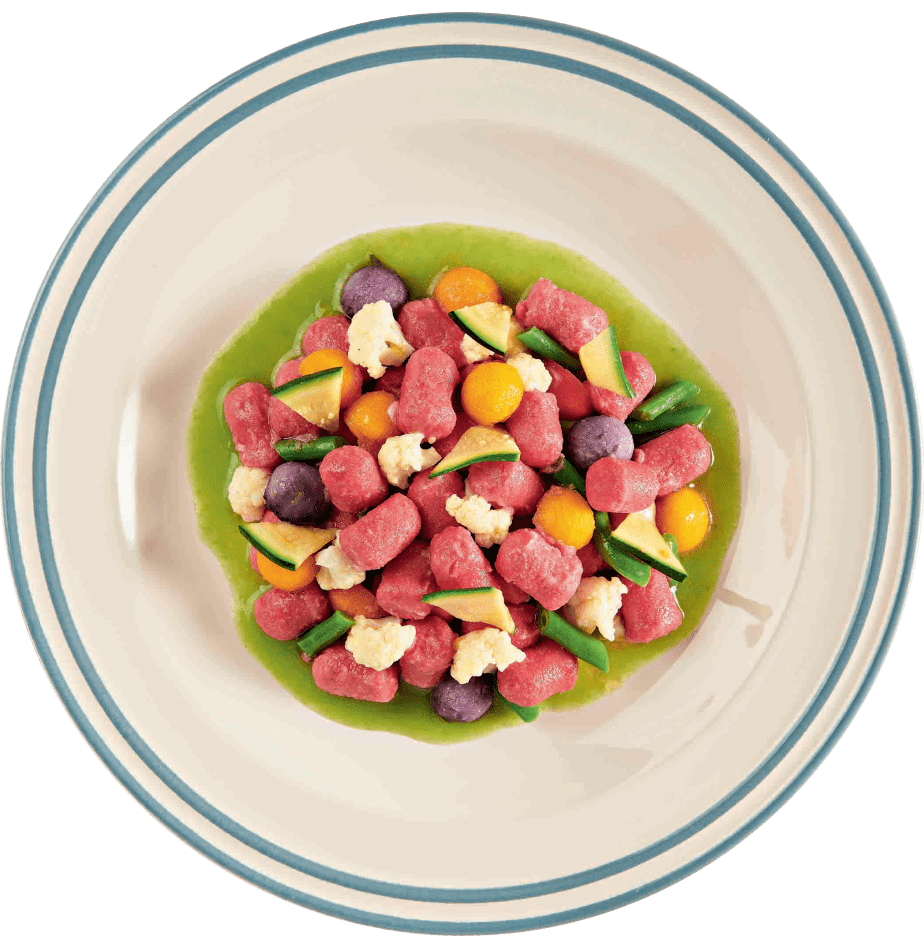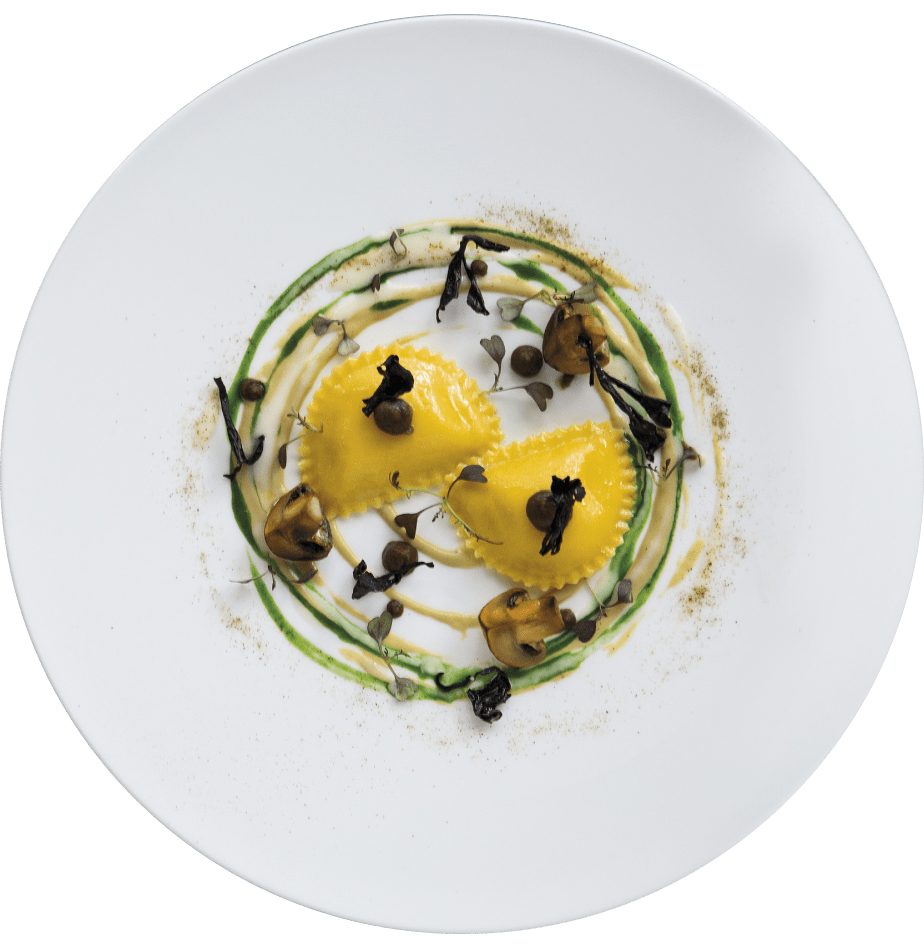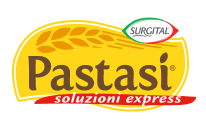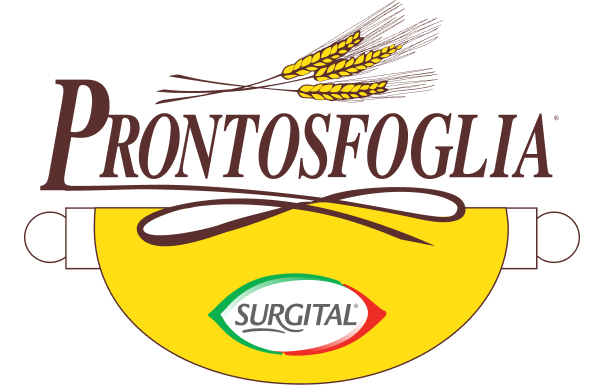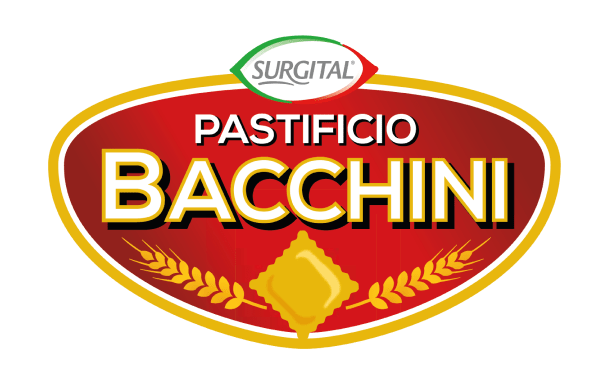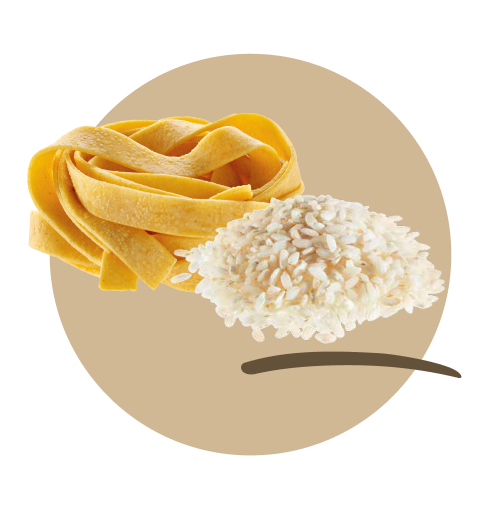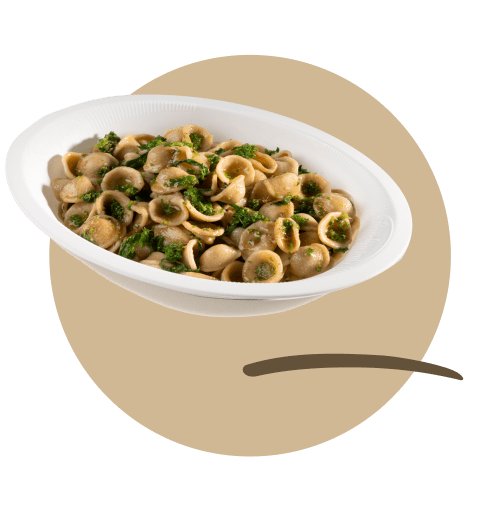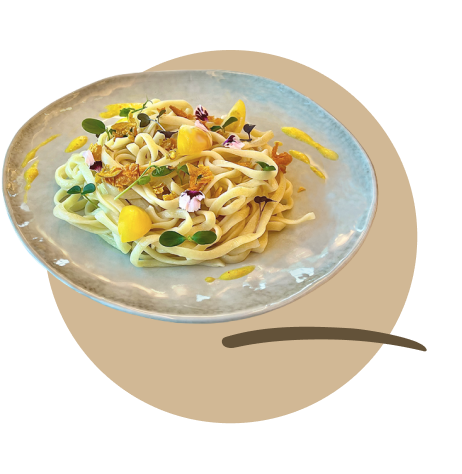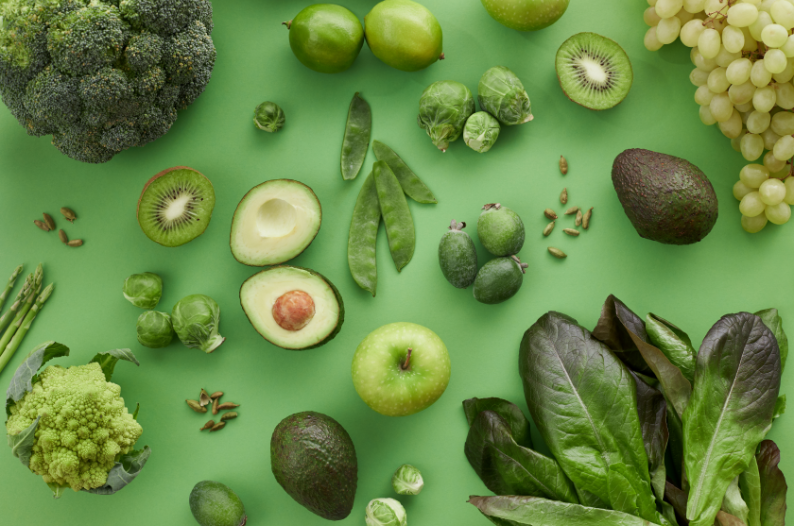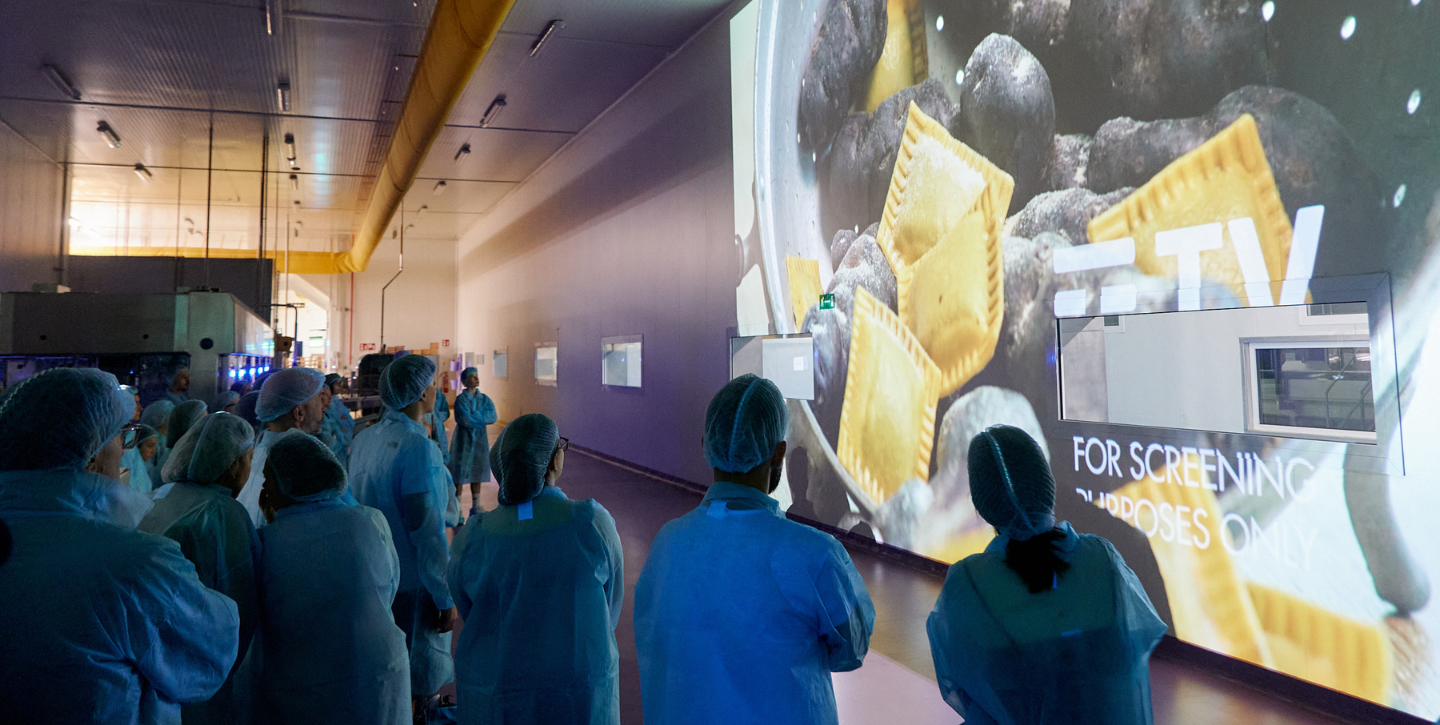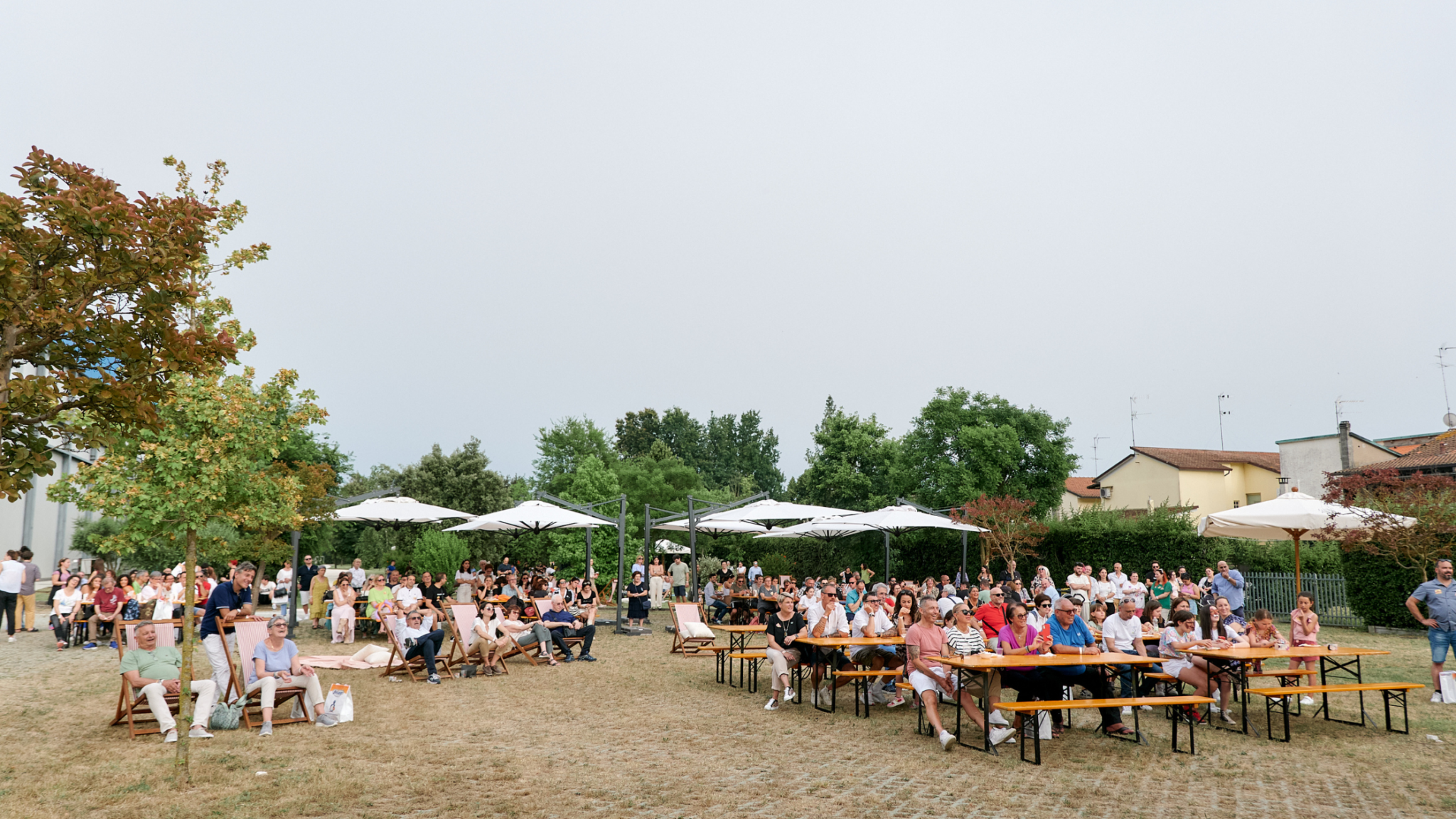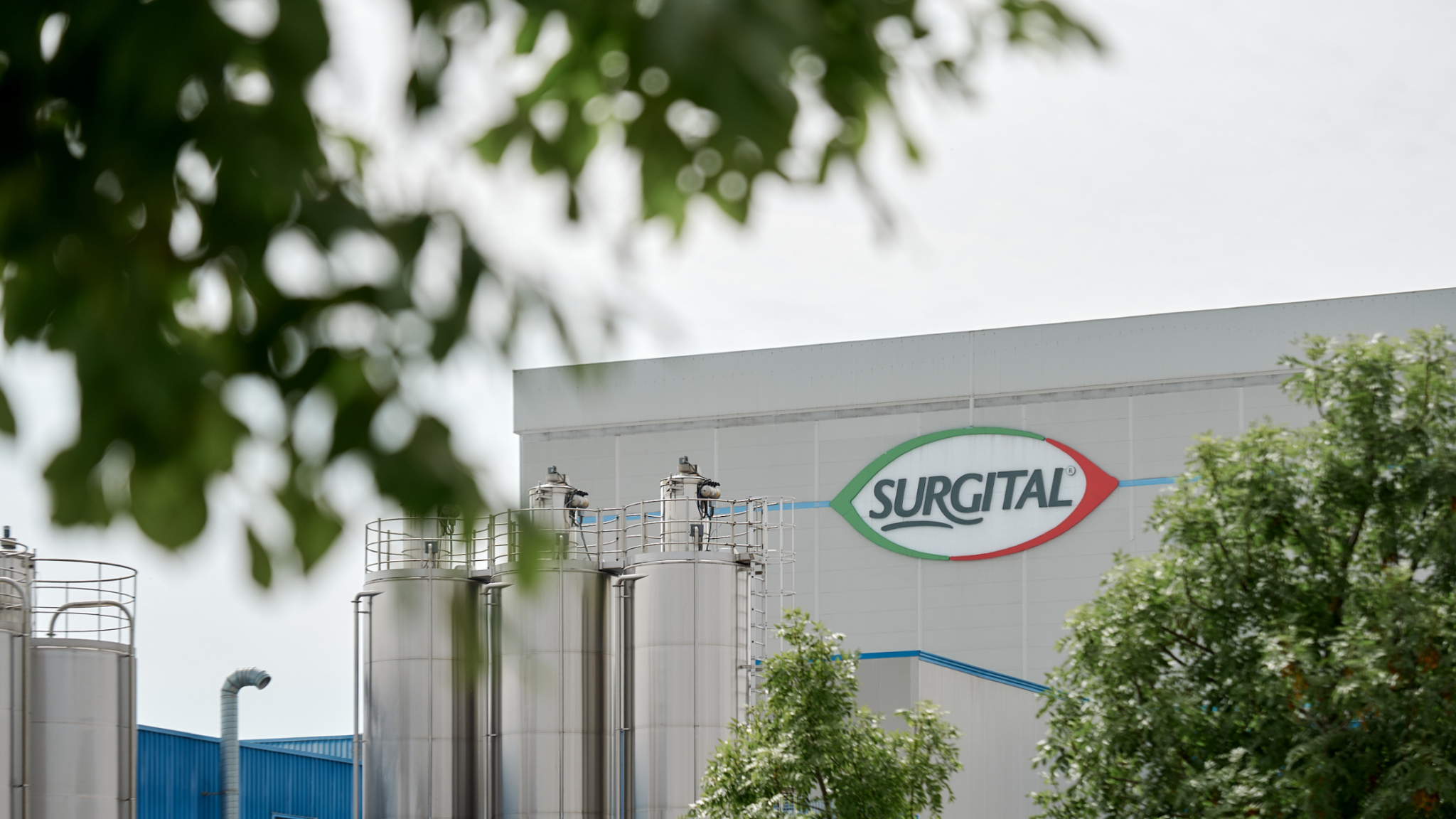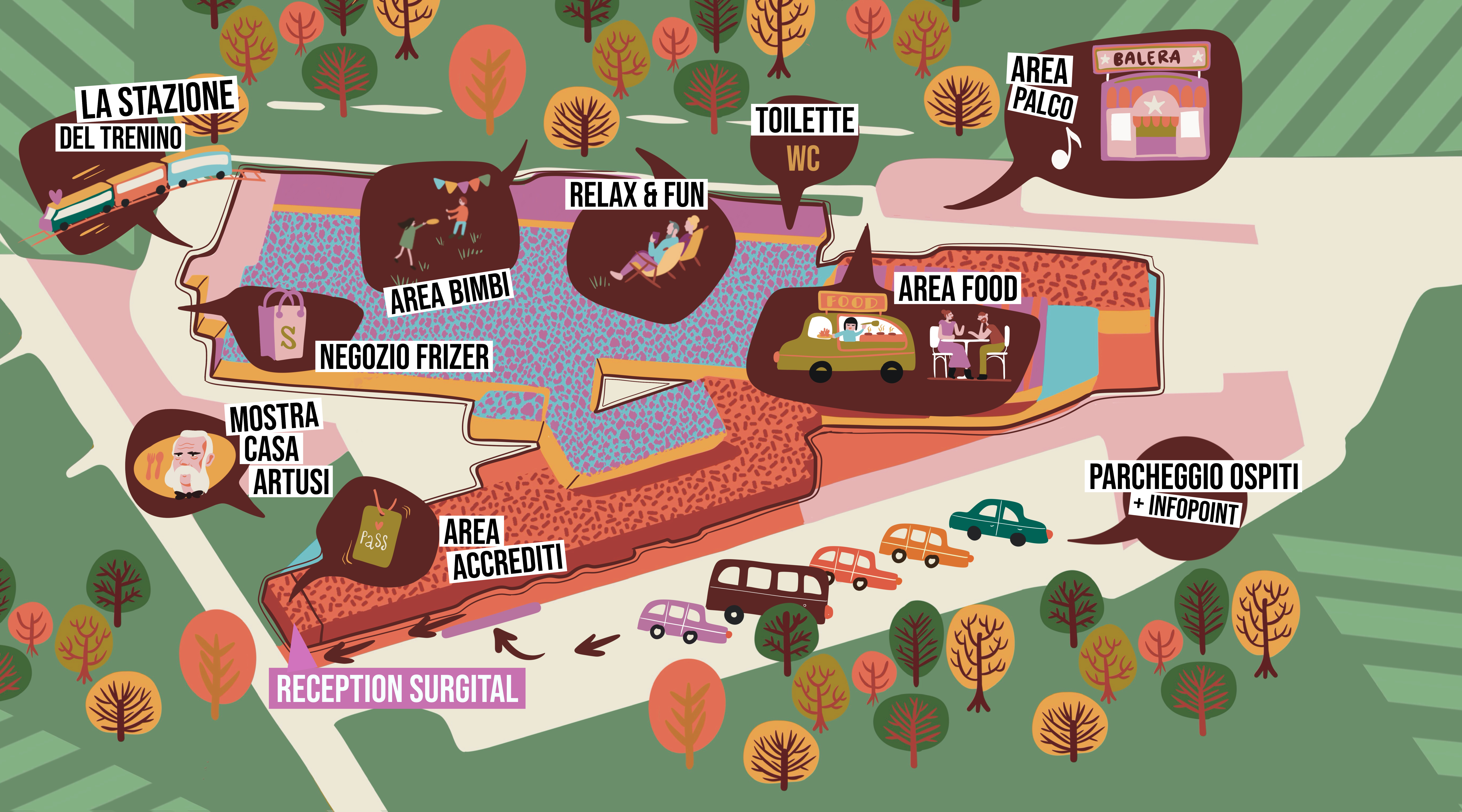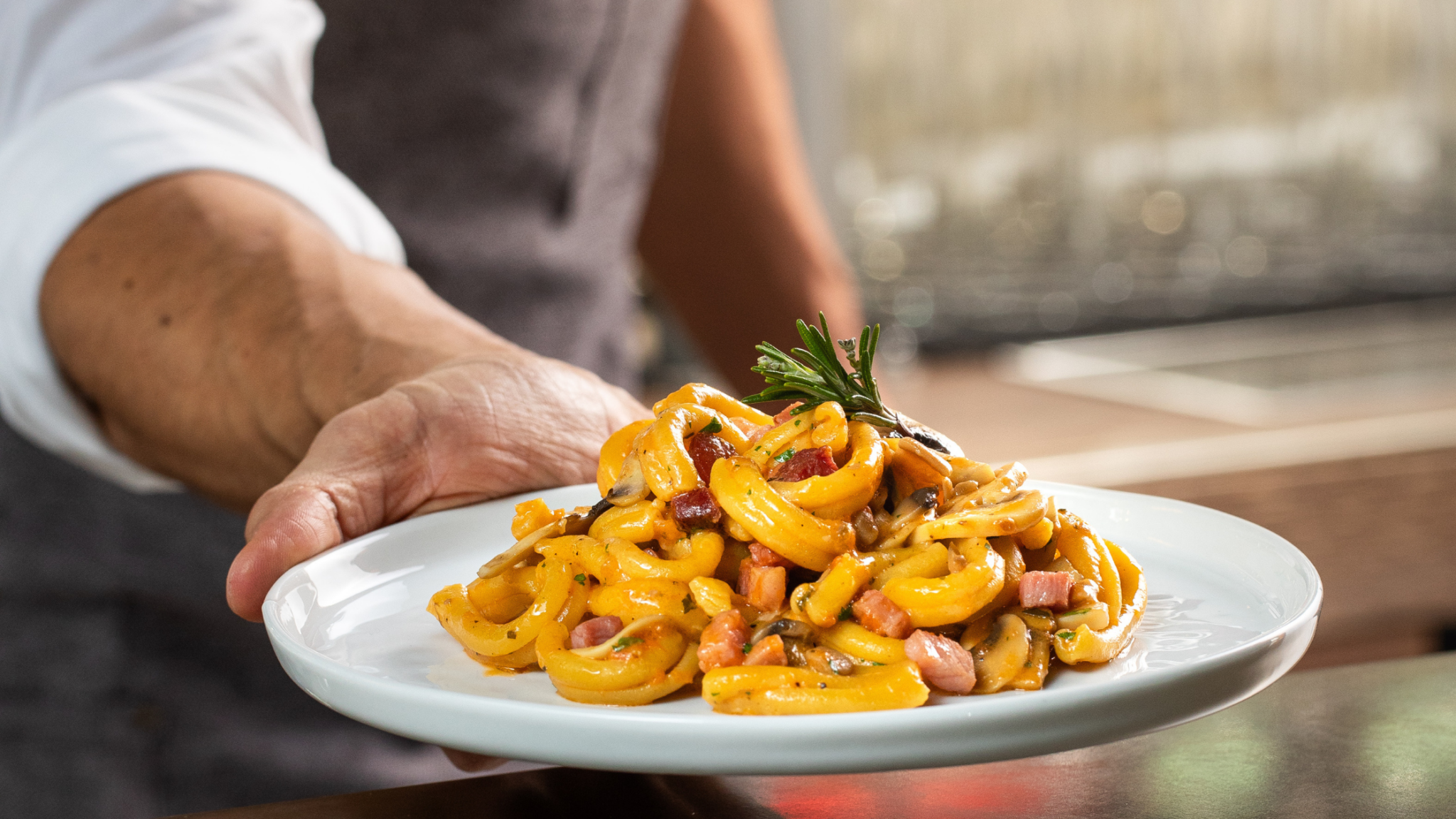The sustainable soul of a new form of catering
1 October 2023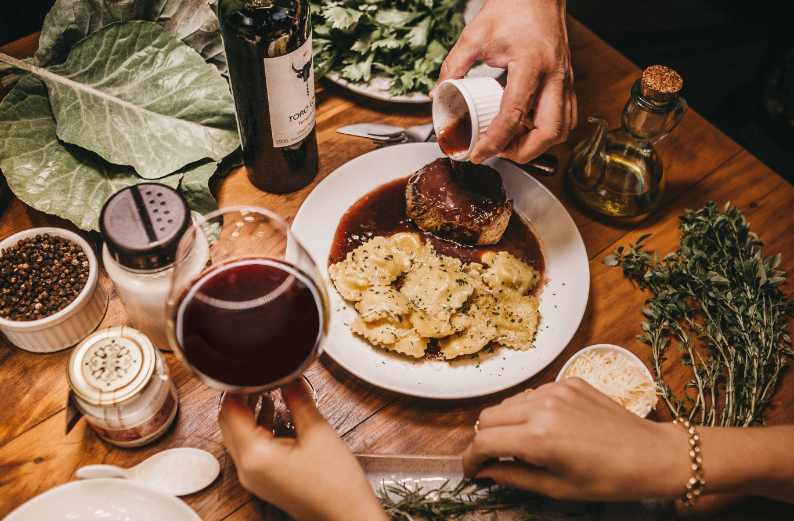
Local raw materials, anti-waste practices, alternative energy sources. More and more restaurants are choosing the road to sustainability, not just for the planet, but because it is their clients that want it.
The offer from restaurants worldwide is constantly changing. The cultural boundaries between one cuisine and another, habits, tastes, sensitivity towards everything that revolves around food: it is all changing. We are all experiencing it – those at home, and those sitting in a restaurant reading the menu.
Faced with what the planet is signalling to us, it is inevitable that those working with food today will stop to reflect on their responsibilities. The agri-food sector and its producers are doing it, the manufacturers are doing it, consumers are doing it. And, of course, the people cooking are doing it too.
The first step – the most simple – that restaurateurs have taken towards the planet’s wellbeing is to modify their offer, to finally change a menu that is no longer so attractive, as if to say that sustainability needs to be put into practice right from the table.
In the annual report on sustainability in catering produced by TheFork, an online booking platform – which worked with data made available through 20 million published reviews – 65% of restaurateurs today claim that they offer at least one vegetarian dish on their menus; 22% are committed to offering at least one with locally produced ingredients; 30% have at least one Fair Trade product on their menus; and for 44%, the water offered comes from sources within a radius of 100km, in order to avoid transport and storage costs.
A fundamental aspect for these businesses was shown to be the careful, conscious choice of raw materials: 85% of those interviewed confirmed that they purchased locally sourced products, with 90% of these preferring seasonal products – over 30% of the total – while 45% selected certified organic products – over 20% of the total. The motivations for these choices include the higher quality of the products, according to 67%, but also other reasons relating to ethics and company philosophies, for 44%.
And while until only a few years ago, hearing a chef speak about “organic” or “local” was an exception, today the issue of protecting the environment is at the heart of restaurants’ new offerings. What is changing most of all is the fact that sustainable best practices are escaping the confines of the kitchen and the menu, and involving all aspects of the restaurant business. It is no coincidence that, according to the survey, over 80% of restaurateurs have already adopted choices that respect the environment in the overall management of their businesses.
There is a series of practices that characterise the most virtuous establishments: for example, sorting waste and recycling is practised by almost all restaurants (95% of those interviewed), as well as the collection of used oils and fats (70%). 60% and 90% respectively pay attention to water and electricity consumption: some of the good habits in this area are the installation of toilets with dual-flush mechanisms and taps equipped with flow limiters, the use of class A lightbulbs, regular reviews for boilers and air conditioning systems, and so on.
80% of restaurateurs choose to equip bathrooms with toilet paper and paper towels with ecological certifications or another ISO certification, 46% claim that they use at least half of their detergents as concentrated solutions, and 49% use devices for the reduction of odours and pollutants.
On top of this, some of the sustainable practices that restaurateurs are adopting more and more frequently are donating leftover food to food banks or charities, installing solar panels for the production of electricity or heating water, or using natural light whenever possible – limiting the need for artificial lighting – and reducing paper consumption by printing fewer menus, receipts and labels. And last but not least, investing in training activities to raise awareness in their employees and collaborators.
Yes, investing. And the finances?
While 39% express concerns about the increased management costs connected to sustainability, it is clear that the combination of eco-friendly practices, from the choice of raw materials to the use of alternative energy sources, has had a financially positive impact for 40% of the restaurateurs interviewed in TheFork’s survey, leading 60% of them to save between around 10 and 30% of their management costs.
This movement can only progress – turning back will no longer be conceivable, as it is modern clients themselves who are choosing the route to sustainability, without sacrificing their taste experience, knowing that the price they will pay at the end of their meal will be meaningful; in short, it will be worth more.
There really are a lot of advantages for eco-friendly restaurateurs; indeed, it is the clients themselves (56%) who appear more inclined to visit establishments that pay attention to these issues: 64% of those interviewed have booked a restaurant serving locally sourced food at least once in the last twelve months, 83% of users claim that they pay particular attention to raw materials that are seasonal, locally sourced, grown onsite or fair trade, while 44% say that recycling and reusing leftover food is of primary importance, to fight against waste.
In short, eco-friendly restaurateurs gain more visibility, retain loyal clients who are aware of these issues, and can receive financial benefits thanks to the virtuous practices adopted.
(Source: www.theforkmanager.com)
The fact that respect for the planet and the communities that live here is being taken so seriously by the catering world today is also demonstrated by the many activities of sector associations, which are inserting the parameter of “sustainable” at the level of any other indicator of excellence.
Even the most famous global restaurant guides are making moves towards highlighting the most virtuous restaurants. One of these is the Michelin Guide, with its MICHELIN Green Star, created in 2020, which is awarded to restaurants that are particularly committed to sustainable cuisine, at the cutting edge in the field of sustainability. It also includes those that take responsibility for the ethical and environmental consequences of their activity, working with producers and suppliers that are also sustainable, in order to avoid waste and reduce, or even better, eliminate plastic and other non-recyclable materials from their supply chains.
The Guide also indicates virtuous green initiatives, involving restaurants that have already started their journey towards sustainability with a few good practices: https://guide.michelin.com/it/it.
